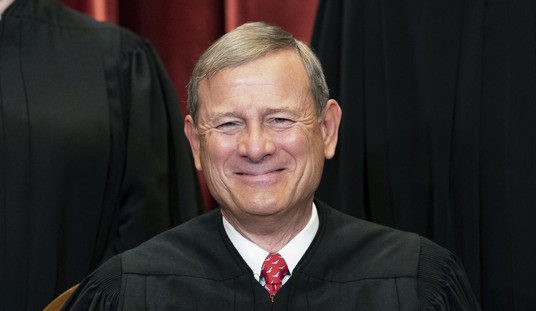Post-game interviews featuring athletes thanking their Lord and Savior Jesus Christ is a common occurrence after sporting events in this country. Regardless of people’s personal opinions about the practice, I’m sure that most would defend the athletes’ right to give voice to their religious beliefs after a win (or a loss). Not so in Brazil. Leading into this year’s World Cup, the Brazilian Football Confederation has banned any form of religious celebration by the national team’s players.
Evangelical Christianity is growing in Brazil. Some estimates place the percentage of Brazil’s population that are evangelicals at 25 percent— significant growth considering that less than a half a century ago that number was around 4 percent.
Christianity Today reports: “At least six athletes on the current national team playing in this summer’s World Cup have declared themselves to be evangelical, including Fernandinho, Thiago Silva, Alisson, Douglas Costa, Willian, and the team’s star, Neymar.”
The Brazilian team is not shy about expressing their faith. The national team “prays before and after games and celebrates goals by displaying T-shirts with Christian messages.” In fact, the practice goes back decades, as CT explains:
After winning the 1994 World Cup, Cláudio Taffarel and Jorginho attributed part of their victory to divine action. An image of Taffarel in ecstasy, kneeling on the field in front of Roberto Baggio, an Italian player who missed the final kick penalty that gave the championship to Brazil, was used as a demonstration of the superiority of the evangelical faith over Buddhism, the religion professed by the Italian striker. The photo also became the cover of the book Quem Venceu o Tetra? [Who Won the Fourth Championship?], which included the testimony of evangelical athletes praising and giving God credit for their win.
The Brazilian Football Confederation explains the ban by “claiming that the practice could divert focus on competition and constrain athletes who practice other beliefs or are agnostic.”
To be fair, the BFC partially mirrors the policy held by FIFA. While not banning prayer on the field, Law 4 of FIFA’s regulations states: “Players must not reveal undergarments showing slogans or advertising. The basic compulsory equipment must not have any political, religious or personal statements.”
That regulation was used by FIFA to discipline Brazil’s national team almost ten years ago after Real Madrid forward Kaka and captain Lucio “revealed T-shirts with devout slogans such as ‘I Belong to Jesus’ and ‘I Love God’ during the Confederations Cup final last month,” as reported by the Daily Mail.
In its story on BFC’s new ban, Christianity Today points out that some evangelicals in Brazil are happy with the ban. Evangelical leaders believe that the sinful lifestyles of some of the professing Christians on the team bring disrepute to the cause of Christ and teach fans that Christianity is more about outward displays of piety than an inward pursuit of holiness.









Join the conversation as a VIP Member